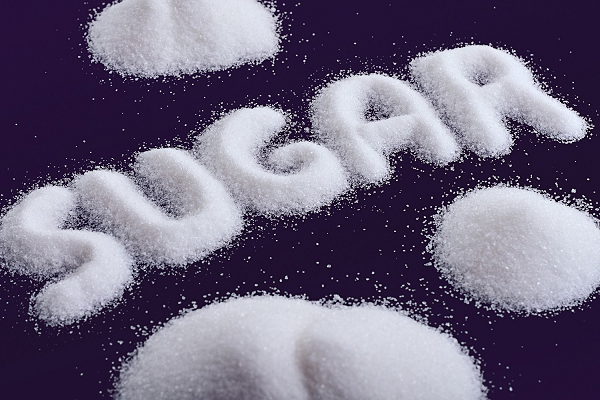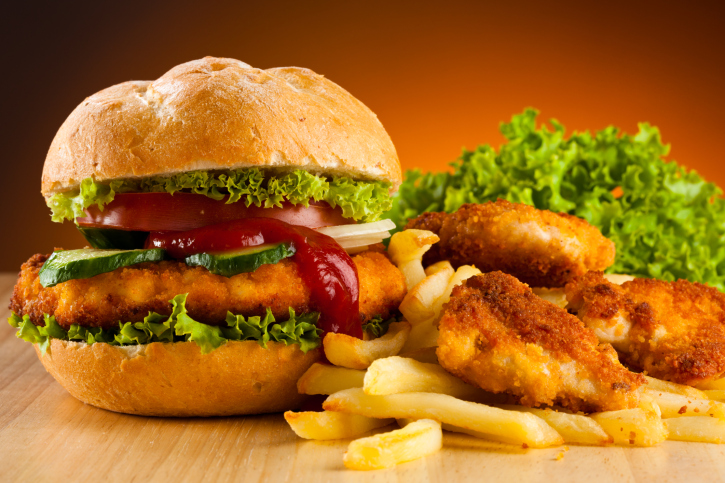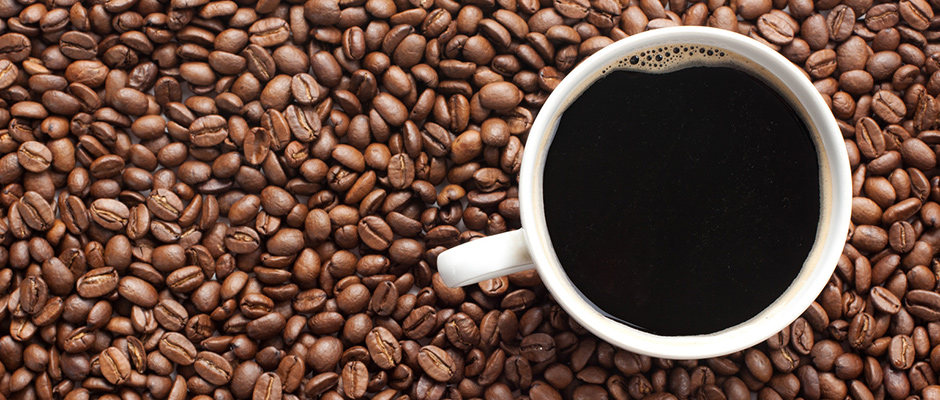According to estimates, between the years 2001 and 2004 approximately 69 million people in the USA greater than age 49 years suffered from vestibular dysfunction. Vestibular system is present in your brain and it helps you to maintain balance, move freely and stand in upright position. These functions are disrupted during vertigo and you feel spinning of your surroundings. Causes of vertigo are injuries, migraines, seizures and problems with inner ear. Apart from medical treatment, avoiding certain foods can also improve symptoms of vertigo.

Foods That Can Cause Vertigo
1. Salt

Salty foods including chips, pretzels, salted nuts, canned foods, soups, deli meats, pastas, sauces, baking soda, condiments, pizza, baking powder, seasonings, frozen meals, pickles, salad dressings, and cheese can all trigger vertigo. Sodium causes body fluid imbalance. It results in fluid retention in your body and leads to build up of pressure in your inner ear resulting in vertigo. Hence, a diet to prevent vertigo should have very low amount of salt. People suffering from Meniere ’s disease, which is major cause of vertigo, should consume only 120 mg of salt daily.
2. Sugar Substitutes and Sugar

Foods that have high sugar content such as honey, ice cream, chocolate, maple syrup, dates, jams, jellies, cream, cookies, juices, donuts, cakes, processed snacks, and candy may cause central vertigo. One of the major causes of central vertigo is deficiency of oxygen to the brain. Foods rich in sugar increase blood sugar and blood pressure, though temporarily; however, in such condition, blood requires more time to reach brain. This creates a deficiency of oxygen in the brain and cause vertigo. Sugar substitutes such as aspartame may result in various diseases including vertigo.
3. Fatty Foods

Fatty foods are among the foods that can cause vertigo. Foods that have high fat content such as cheese, ice cream, shortening, mayonnaise, milk, butter, meats, eggs and other foods that are deep fried result in temporary rise in blood pressure, reducing the blood flow and oxygen to the brain. This can trigger vertigo and dizziness. Fatty foods may also result in inflammation of inner ear and the arteries leading to a similar phenomenon.
4. Foods Rich in Tyramine

Foods that are rich in amino acid tyramine include red wine, smoked meats, chicken liver, chocolate, yogurt, citrus fruits, bananas, figs, nuts and ripened cheeses. All these foods can trigger vertigo. Tyramine results in blood vessel dilatation that triggers migraine, which can lead to vertigo.
5. Alcoholic Beverages

A vital role is played by inner ear in maintaining equilibrium of the body by detecting changes in body position and motion and by sending the signals to brain. This function is disrupted by alcohol as it sends false motion signals to the brain which conflicts with inner ear signals. Due to this the body equilibrium is disrupted and vertigo is triggered.
6. Alkaline Foods

Alkaline foods are among the foods that can cause vertigo. Foods that prevent the occurrence of vertigo are foods rich in magnesium such as seeds, nuts, beans, milk of magnesia and leafy green vegetables. Conversely, consuming foods including yogurt, which have high amounts of calcium in excess results in depletion of body’s levels of magnesium and lead to vertigo. Magnesium being alkaline helps in maintaining the acid-alkaline balance of the body. When this balance gets disrupted, it results in nausea, a condition which is accompanied by vertigo. Magnesium also has a role to play in circulation of blood. Due to magnesium deficiency, blood vessels get constricted resulting in slow blood circulation. This leads to insufficient oxygen supply to brain which triggers vertigo.
7. Caffeine

Tinnitus, a ringing sound in ear, which may be associated with vertigo, can be worsened by caffeine. Caffeine also dehydrates your body, thereby, creating imbalances. It may also trigger a migraine, which may cause vertigo. Hence, you should avoid caffeine.
8. Nicotine

Nicotine is not good for your overall health, but it also has an adverse effect in terms of vertigo. It constricts blood vessels; hence, it decreases the blood supply to your inner ear. It may also raise your blood pressure temporarily that can trigger vertigo.
Diet Tips for People with Vertigo
After discussing foods that can cause vertigo let’s discuss diet tips for people with vertigo. An individual suffering from vertigo requires a diet, which is rich in iron and low in cholesterol and sodium. Few tips to help individuals suffering from vertigo are as follows:
- Eat more fish as part of your diet.
- Consume magnesium rich foods such as nuts, beans, leafy green vegetables and seeds.
- Eat whole grain products instead of white bread.
- Drink vegetable juice rather than consuming carbonated or sugary drinks.
- Consume foods rich in vitamins and minerals such as niacin, potassium and B complex.
- Avoid foods containing high amounts of trans fats.
- Vertigo can also result due to anemia. Hence, include fresh vegetables and meat that have high iron content in your diet.
- Drink plenty of water to stay hydrated.
- Avoid caffeinated beverages as it causes dehydration and triggers migraine and vertigo.
- Avoid consuming foods containing tyramine such as non-processed cheeses, cured meat and dry sausages.
- In case you develop nausea, consume alkaline foods including nuts, vegetables and fruits. They will help in maintaining the acid-alkaline balance in your body.
Certain Medications Can Also Cause Vertigo
Antacids
You should avoid antacids as they have sodium in them. High sodium level results in water retention that leads to accumulation of fluid in the inner ear.
Non-Steroidal Anti-Inflammatory Drugs (NSAIDs)
NSAIDs or non-steroidal anti-inflammatory drugs such as ibuprofen can result in electrolyte imbalance and water retention. Aspirin may also worsen or cause tinnitus in individuals who suffer from vertigo.
You should also avoid other medicines such as blood pressure medicines, anti-seizure medicines, antihistamines and antibiotics as they can also worsen the symptoms of vertigo.
